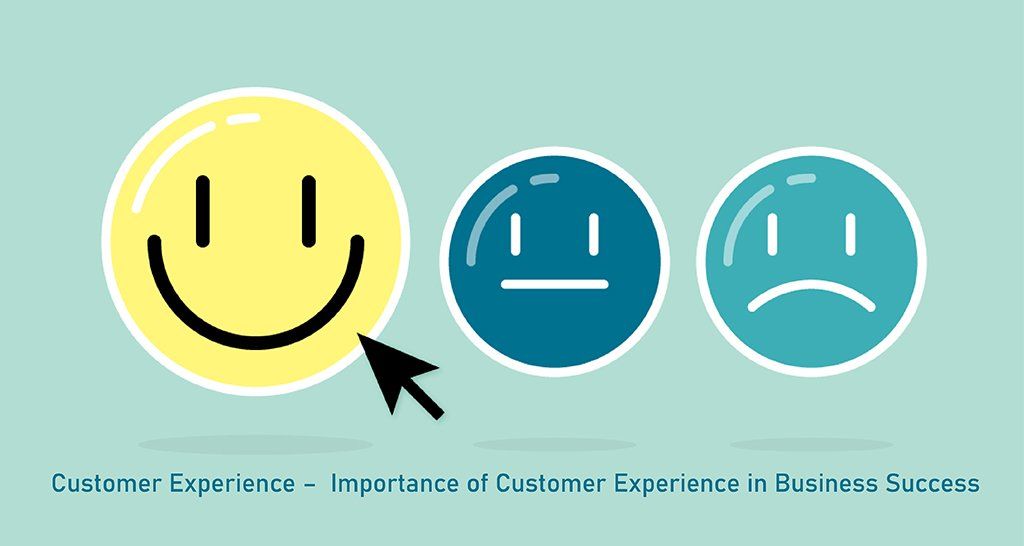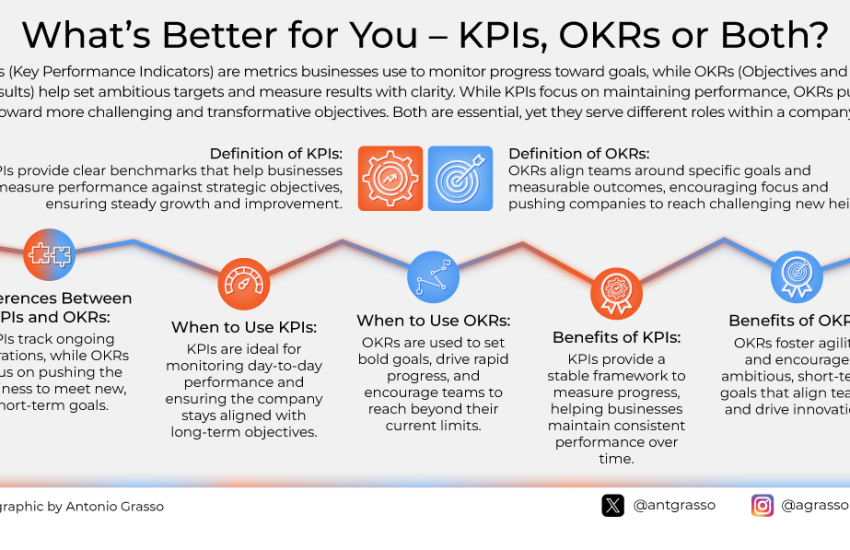The Role of Customer Experience in Business Success
In today’s highly competitive business landscape, providing exceptional customer experience has become more important than ever. With technology evolving at a rapid pace, businesses need to adapt and prioritize customer satisfaction to stay ahead of the curve. Customer experience, or CX, refers to the overall perception a customer has of a business based on their interactions and experiences.
The Importance of Customer Experience
Customer experience plays a crucial role in determining the success of a business. A positive CX can lead to increased customer loyalty, higher customer retention rates, and ultimately, improved profitability. In contrast, a negative customer experience can drive customers away and damage a company’s reputation. In fact, studies have shown that customers are willing to pay more for a better experience and are more likely to recommend a company that provides excellent service.
Building Trust and Loyalty
One of the key benefits of a great customer experience is building trust and loyalty with your customers. When customers have a positive experience with a company, they are more likely to return for future purchases and recommend the business to others. By consistently delivering exceptional service and meeting customer expectations, businesses can create long-lasting relationships with their customers.
Enhancing Brand Reputation
A strong customer experience can also enhance a company’s brand reputation. When customers have positive interactions with a business, they are more likely to view the company in a positive light. This can lead to increased brand loyalty and a competitive advantage in the market. On the other hand, businesses that fail to meet customer expectations risk damaging their reputation and losing customers to competitors.
Driving Sales and Revenue
In addition to building trust and loyalty, a great customer experience can also drive sales and revenue for a business. Customers who have positive experiences are more likely to make repeat purchases and spend more money over time. By focusing on improving customer satisfaction and delivering personalized service, businesses can increase their sales and revenue while differentiating themselves from competitors.
Using Technology to Enhance Customer Experience
Technology plays a vital role in enhancing customer experience in today’s digital age. Businesses can leverage various tools and platforms to streamline customer interactions, personalize communication, and provide 24/7 support. From AI-powered chatbots to CRM systems, technology allows businesses to deliver a seamless and personalized experience to their customers across all touchpoints.
Measuring Customer Experience Success
To ensure the success of their customer experience efforts, businesses must measure and track key performance indicators (KPIs). Metrics such as Net Promoter Score (NPS), Customer Satisfaction Score (CSAT), and Customer Effort Score (CES) can help businesses gauge customer sentiment and make data-driven decisions to improve the overall experience. By continuously monitoring and analyzing customer feedback, businesses can identify areas for improvement and drive ongoing success.
Conclusion
In conclusion, customer experience is a critical factor in determining the success and sustainability of a business. By prioritizing customer satisfaction, building trust and loyalty, enhancing brand reputation, and leveraging technology, businesses can create a competitive advantage and drive long-term growth. By investing in customer experience, businesses can build strong relationships with their customers, increase sales and revenue, and stand out in a crowded marketplace.


